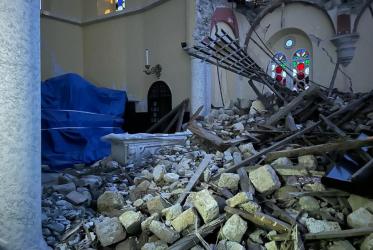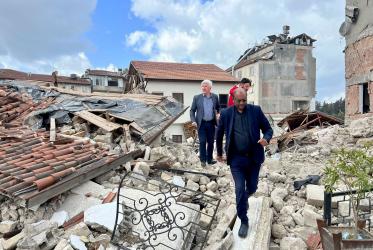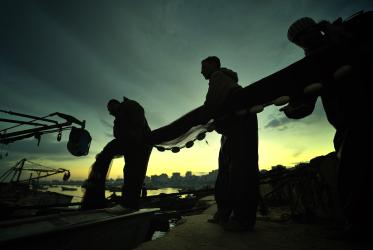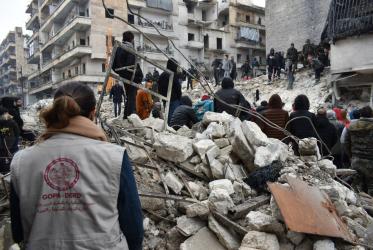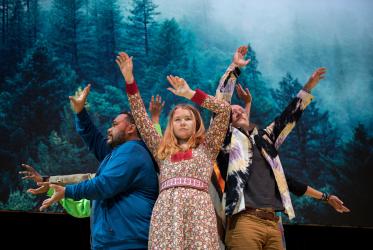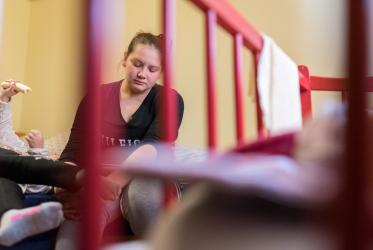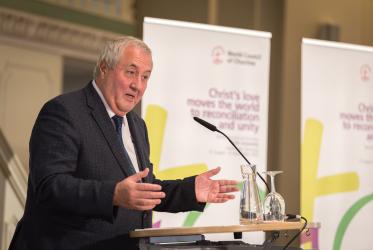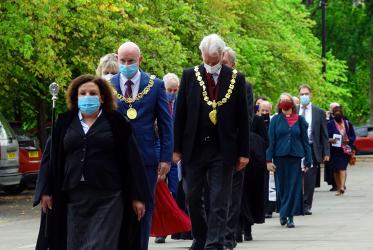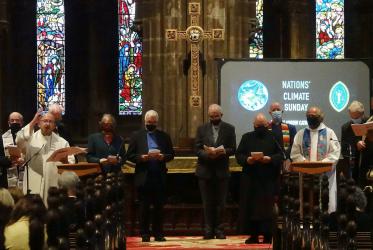Displaying 1 - 20 of 103
21 November 2023
WCC delegation witnesses Azerbaijani forces shelling of Armenian enclave
25 September 2023
Church of Ireland launches appeal to help survivors of Libya floods
21 September 2023
Uppsala 1968: The times, they were a’changing
06 September 2022
WCC consultation reflects on future of health ministry
15 October 2021
Climate Sunday: an opportunity for churches to act for creation
06 September 2021
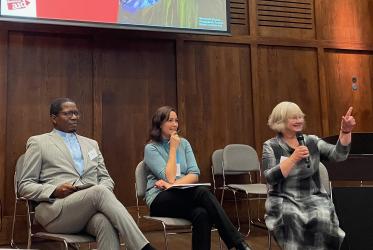
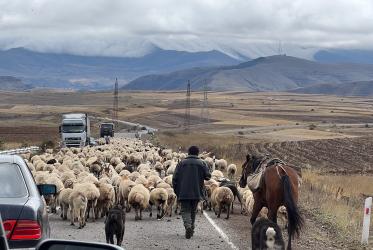
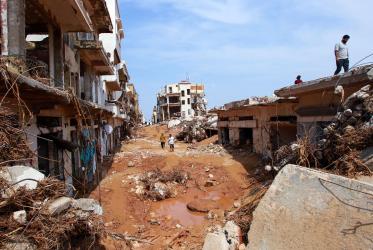
![Image[1].jpeg](/sites/default/files/styles/teaser/public/photoshelterCopy/Image%5B1%5D.jpeg?h=44590859&itok=LMAXVRC6)

